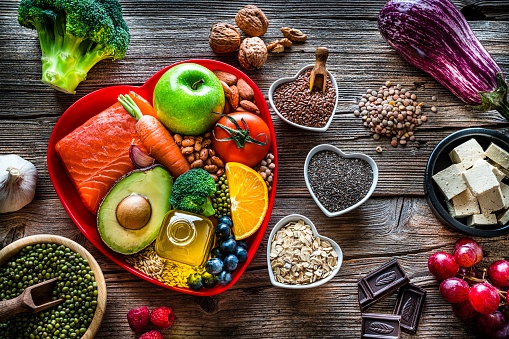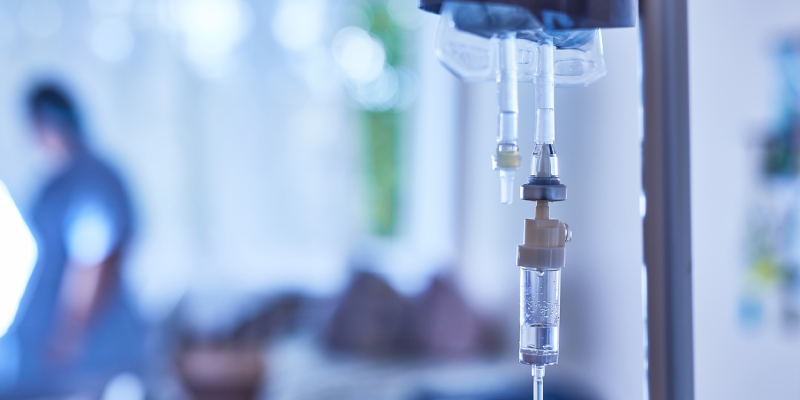
Pancreatic cancer is the one of the most common and deadly cancers in the United States. This year, an estimated 60,430 adults in the U.S. will be diagnosed with pancreatic cancer, which is the fourth leading cause of death in both men and women, accounting for 7% of all cancer-related deaths, with the mortality rate steadily rising every year since 2000.
Despite advancements in cancer therapy, the survival rate of pancreatic cancer remains dismal, with a 5-year survival rate of only 10%. This bleak rate may be owing to the fact that there are no validated, specific screening tests that can easily detect early-stage pancreatic cancer in people who have no symptoms. Ergo, pancreatic cancer often goes undiagnosed until later stages.
When this cancer does spread, symptoms may include the following:
- Yellow skin and eyes, darkening of the urine, itching, and clay-colored stool, which are signs of jaundice caused by a blockage of the bile ducts
- Pain in upper abdomen or upper back
- Painful swelling of an arm or leg due to a blood clot
- Burning feeling in stomach or other gastrointestinal discomforts
- Stomach bloating
- Floating stools with a particularly bad odor and an unusual color due to the body not digesting fats well
- Weakness
- Nausea and vomiting
- Chills and sweats
- Fever
- Unexplained weight loss
- Loss of appetite
The last two of these symptoms are important, as nutrition plays a big role in patients fighting pancreatic cancer. Treatments, surgery, and the disease itself can alter the body’s ability to absorb nutrients.
The pancreas serves as a vital human organ, and contains exocrine cells, which make up glands and ducts, that produce pancreatic enzymes. These enzymes break down food, and aid digestion. The pancreas also regulate blood sugar through endocrine cells, which produce the hormones insulin and glucagon in the blood.
If the pancreas fails to produce sufficient enzymes – which is what occurs in pancreatic cancer – then digesting food will be harder to do. This can result in gastrointestinal symptoms that include:
- diarrhea
- increased
- cramping
- bloating cramping
Pancreatic cancer is known to cause unintended weight loss, which can continue to be a concern during treatment. The weight may be caused the disease itself, or by the treatments you need to fight it. Compounding the weight loss, symptoms such as nausea, vomiting, and low appetite, may make it harder to eat. Your body may also be unable to absorb the entire calorie content of your food, causing weight loss.
So, given the problems with processing nutrients precipitated by pancreatic cancer, what should pancreatic cancer patients eat to maintain a healthy diet?
Fruits and Vegetables
The hallmark of any good diet, pancreatic cancer should take in a good balance of fruits and vegetables; while noting that cooked veggies may be easier to tolerate. These may include:
- strawberries
- blueberries
- kale
- brussels sprouts
- kale
- spinach
- mango
- avocado
Proteins and Fibers
Lean proteins can boost the system and repair cancer-damaged cells. Some examples of easily digestible proteins include:
- tofu
- beans, peas, or lentils
- Greek yogurt
- Olive oil
- fish
- lean poultry (i.e. turkey)
- brown rice
- quinoa
What to drink?
Tea, specifically green tea, is a great is to consume for pancreatic cancer patients, as green tea possess polyphenols, which may contain anti-cancer properties.
More Dietary Tips
Surgery for pancreatic cancer patients is very taxing on the body, and it’s important for patients to be aware of optimal nutrition care post-op. Here a few tips:
- Start off with a liquid diet before advancing to solid foods.
- Eat small, frequent meals as opposed to one or two heavy meals.
- Avoid greasy and fried foods. In other words, skip fast food.
- Take pancreatic enzymes and acid reducing medications.
- Stay physically active. At least 30 minutes of day of some work of exercise is recommended.
- Drink beverages rich on calories, nutrients and protein, such as juices, smoothies or nutritional supplement drinks. Pancreatic cancer patients can drink small amounts of these at meal times, or larger portions as a meal supplement.
- Absolutely avoid alcohol.
- At the onset of nausea, eat small portions of dry foods.
- Avoid eating concentrated refined/simple carbs if with symptoms of glucose intolerance. Symptoms of glucose intolerance include fatigue, thirst, frequent urination, and blurred vision.
- Consult dietitian about your oncologist about the use of a multivitamins or other supplements. Vitamins A, D, E and K may be necessary if malabsorption occurs, which is a change in flow of pancreatic juice caused by a damage or removal of the pancreas. diarrhea is present. These healthcare professionals can educate on which supplements to take, and at what dosages.
- Consider keep a daily diet journal. In this journal, record daily foods, amounts eaten, as well as recording your weight and bowel movements, and glucose readings.
Take on pancreatic cancer can feel like a daunting task, but with constant innovations in treatment modalities, and by emphasizing your nutrition, conquering pancreatic cancer can become a reality.







 © 2025 Mashup Media, LLC, a Formedics Property. All Rights Reserved.
© 2025 Mashup Media, LLC, a Formedics Property. All Rights Reserved.